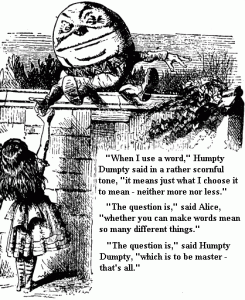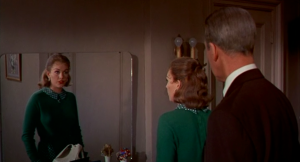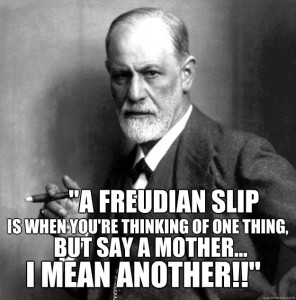Last seminar we discussed a lot of interesting things, but one of the things I found most interesting was our many varied responses to the quote from Theodor Adorno, “to write poetry after Auschwitz is barbarism”. As a class we offered pros and cons and potential interpretations to this quote, but some of the most important things (I think) that were brought up were first the idea that it is important to use art as a way to remember and be conscious of the past while still moving forward from it, as well as the blurring between history and fiction that occurs when fictional characters embody the stories of true events.
This reminded me of a production of the musical Cabaret that I saw recently. Similar to Sebald’s approach with Austerlitz, one doesn’t quite realize the story’s connection to the Holocaust until towards latter half of the play in the second act. The show takes place in a cabaret in Berlin the early 1930s, on the precipice of the fall of the Weimar Republic – exhibiting the remnants of the “dancing on the edge of the volcano” attitude. In the opening of the show (0:40-2:30 in the video below), the Emcee encourages the audience to leave their troubles at the door because in the cabaret, “life is beautiful, the girls are beautiful – even the orchestra is beautiful”.
https://www.youtube.com/watch?v=KW5eFCFnW9c (embedding was disabled on this video for some reason)
Both the audience and the characters leave their troubles at the door, but soon the reality of the polotical situation becomes undeniably present in their lives. While nothing is explicitly addressed, the audience has a sense of what the outcome will be. The closest to a direct reference to the Holocaust that is made in the play is in the final scene, linked below, though the ending is left somewhat to the audience’s interpretation and each production stages the ending slightly differently.
In the finale, the Emcee entertains the audience until the very last moment when he removes his coat to reveal his striped pajamas. In the specific production that I saw, silent figures representing nazi officer were shown applauding after the Emcee said “auf wiedersehen” and gave his final bow, suggesting that the cabaret performers wound up in a camp like Theresienstadt where they were then performed for their lives – similar to what may have happened to Austerlitz’s mother. Though they take place on opposite points in time in reference to the Second World War, both Cabaret and Austerlitz take the audience/reader on a guided tour through an artistic and beautiful story taking the weight of focus off of the atrocities that occurred while not forgetting them all together.
My main question is: do you think that creating fictional characters in a difficult historical period in similar situations to true events, as Austerlitz and Cabaret both do to an extent, helps to inform the collective perception of the holocaust or do they lean towards romanticizing the events?
*Note: since I didn’t end up posting this before seminar I figured I might as well include some of the responses we generated in our seminar. I think a point was made that Sebald very deliberately avoids talking about the Holocaust directly, and that his approach to leave space for the voices of those who did really experience it to be heard allows him to be safely within the boundary, though he does so in a way that does rely somewhat on the reader’s likely romanticized preconceptions of the Holocaust. I feel that Cabaret on the other hand is a lot closer to the boundary and has more potential to romanticized, depending on the particular production – the one that I saw I felt was very conscious of this and therefore was more in-line with Sebald’s technique of not hitting you over the head with the facts of the event. Instead they both give small suggestions here and there before turning around and returning to their narrative, leaving “ghost images” that the reader/audience creates in their mind.
Something that Professor Mota pointed out was that Theodor Adorno likely used this quotation “to write poetry after Auschwitz is barbarism” as a question or as a challenge to artists, and rather than saying that it shouldn’t be done he is really asking “how are you going to create art after Auschwitz? How is it going to be move forward without ignoring the past?” I think these two works both successfully explore the possibilities of this challenge.



